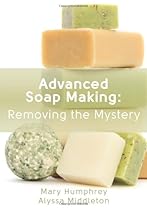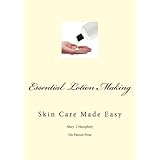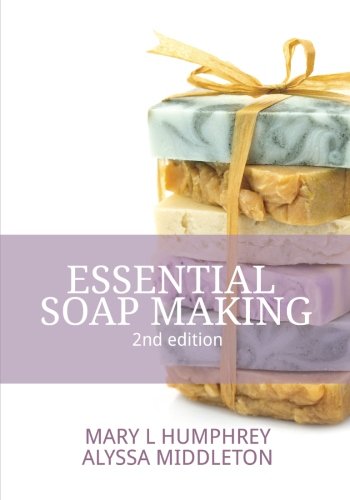
Marigolds are beautiful this season (of course, nothing to do with editing)!
Those that write blogs, letters, website updates, email, or even people that are in a profession that involves writing, all know how difficult it is to edit their own work.
The dictionary definition of edit: prepare for publishing. And on that same dictionary page I see the word encyst: defined as an enclosure. Flip to the “I’s” and find insist (pronounced exactly the same as encyst). We all know what happens with “sounds like words,” the mind thinks one word and easily writes another.
Recently I wrote a blog post regarding shipping and handling charges. I left out one extremely important word, which made a huge difference in interpretation. Had I not corrected the error, I would have been paying money out my nose. Did I proofread my work? Oh yes! First I read the original copy, a few minutes later I read the preview. Hours later I printed the preview and read it again. As a last check I read the final published copy on my phone. The finished product made sense to me. I did not see any typos.
Funny!
So, how do you edit? Perhaps you are one of the extremely blessed ones that write exactly what you are thinking, smooth as silk. But, like me, you may write what you think, and hear what you think, but you cannot see the obvious once in print. I listed my editing steps in the paragraph above. What I am doing differently today is reading the post out loud. Wow, what a difference it makes! If you do not take this step already, and if you need help with editing, try it!
Credits: Webster’s Dictionary (1981 Thumb-Ease version, well worn), and Lynnanne (thank you) for asking questions and pointing out what was not clear.





I read over it several times while typing.
Then while previewing and again after publishing. And I still miss things.
And if I’m feeling rather energetic, sometimes I read it backwards. Word by word, hard not to catch typos that way.
Not a problem, Mary!
As for editing, there’s so many things to edit for! Reading from the end of the piece to the beginning, word for word, works great for spelling errors… but it doesn’t work so well for content, flow or punctuation. So, for that flow and content, reading out loud is a wonderful tool to help you in your writing process. Sometimes I feel like a fool standing in an empty room, pretending I’m reading to a massive audience, but it works! And don’t forget to have that red ink pen ready!
Most people don’t like red ink — it reminds them too much of English class. But it’s one of my best friends. I always tell my editors to make it bleed (with red ink).
And just for the record, I am not going to edit this piece! 🙂
It’s funny that you mention it because it always happens to me and seem to be more often these days.
Uggg-I hate it when that happens. Sometimes I edit-and edit and edit thinking I’ve caught all the mistakes-then weeks later I’m re-reading what I wrote-and there it is-a blinding error. Reading outloud does help-especially with how a piece flows.
The reading out loud is helping tremendously. At least it has given me another avenue to take while editing.
The biggest thing is stepping back and looking at our work as if from someone else’s eyes.
Funny how the mind fools us!